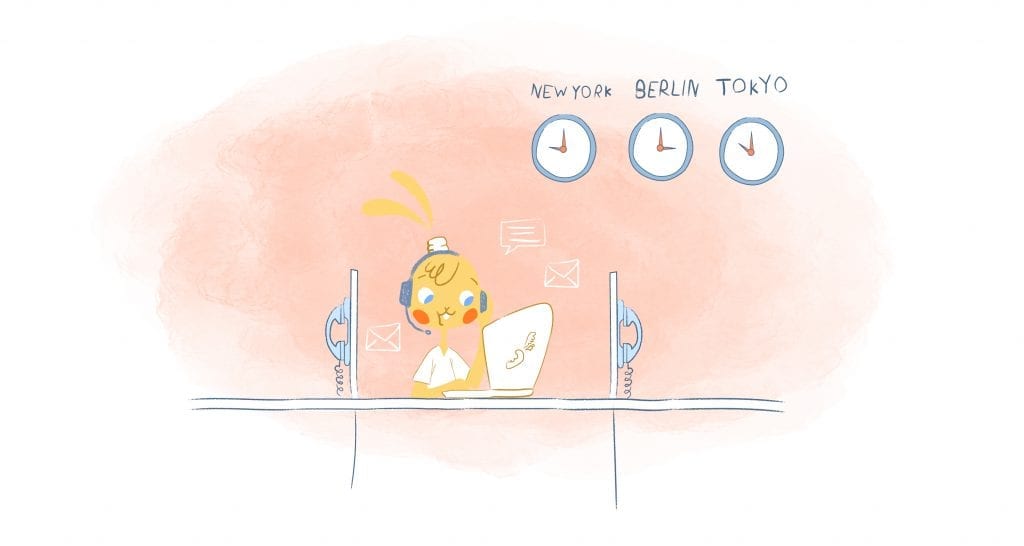

It’s 2021, but they’re calling it the 2020 Olympics — a year later than scheduled. It’s an exciting time for athletes and sports fans around the world. Even though fans cannot be in attendance due to lingering concerns over Covid-19, there have been plenty of memorable moments and incredible performances to remember. In addition, there are productivity lessons that can be learned from the Olympics.
The Olympics are often an inspiring event for global citizens of all ages. Kids become interested in trying new sports, and adults get a burst of energy to get up off the couch and exercise more often and better than better. All the while, citizens cheer on their countries in a display of unity and patriotism.
You can take many lessons from the Olympics and apply them to your everyday life. So watch a few events the next couple of days and tune in before the Closing Ceremony’s on Sunday, August 8th. Here is a list of the lessons we would like to take home from these Olympic games:
It’s OK Not to Be the Very Best
A lot of people will tear themselves down when they notice that someone else is better at them at something. That’s easy to see while watching the Olympics from home. You might ask yourself, “Why should I continue to pursue swimming if there’s always going to be someone who’s faster?” That sort of feeling will get you stuck in a deep rut rather quickly.
Keep watching the games and you might notice something peculiar. You’ll see athletes jump for joy with tears in their eyes after winning a bronze medal. Two people bested them, but they didn’t care. The way they saw it, they were still one of the best in the world and now had a medal to commemorate all of their hard work.
Seek to find that joy in what you do even if you’re not the best at it. Play the guitar because you enjoy it, not because you’re going to be the next Jimi Hendrix. You will be a lot happier and more fulfilled when you make that mindset shift.
Learn From Your Failures
While watching the world’s greatest athletes compete on TV, it’s easy to think that they’re superhumans that rarely make mistakes. But, in reality, the opposite is true. The athletes you see have actually had countless failures, but they learned from every single one of them.
Learning from your failures is hard. It’s much easier to curl up in a ball with some Netflix and ice cream and admit defeat instead of pushing through. Nevertheless, its greatness occurs when you rise from the ashes, and you use the experience, however bitter, to become better than you were before.
Musicians are another great example of learning from mistakes to become better. While practicing a piece of music, they commit numerous errors in the early stages. You’ll experience this when taking on a new job or trying to learn a new skill. When those mistakes come, look at how to avoid repeating them instead of letting them conquer you.
Get a Good Support System
While tougher to notice in this year’s Olympics, you’ll often notice athletes run to celebrate a victory with someone special. Family members, friends, and coaches the athletes have grown close to are the first to bask in a win with the victor. This support system knows just how hard the athlete has worked to get where they are today and was there to guide them for most of the journey.
Friends and family can and should make up part of your existing support system. If your loved ones are a bad influence, consider expanding your circle to include some more positive friendships. Spend time with those who uplift you and support your goals, and you’ll be amazed by what they can help you achieve.
Another way to build up your support system is through networking. By networking, you can find valuable mentors who can teach through experience and lend a helping hand. While you’ll most likely find mentors in a professional capacity, the advice and support they can give can be applied to almost every facet of life.
Preparation is Everything
The Olympics are only every four years (switching off between summer and winter games). While there are regional and even some global competitions in between each Olympics, there’s nothing quite like having an Olympic medal draped around your neck. That’s why those four years are filled with intense focus and preparation from every athlete.
Just think about the runners in the 100m dash. Their races only last for about ten seconds. Yet, they spent years training for those ten-second races. That sort of dedication is quite admirable. It should put a lot of your personal goals into perspective, like going back to school or changing career paths. It will take a lot of Calendar events, planning, and execution to reach your goals.
Discipline is Required for Greatness
Let’s circle back to that Olympic work ethic for this last section. While it’s true that most, if not all, of the Olympic athletes you see, are naturally gifted, none of them made it to the world stage without their fair share of hard work. It takes gallons of blood, sweat, and tears to become an Olympian and even more to make it to the podium.
When the going gets tough, just remember that discipline is required to be great. Many professional athletes are used to getting up early and working long hours to achieve their goals. You should expect to do the same, especially for the goals most worth pursuing.
At the end of the day, the Olympics make for entertaining television. However, let us not let the lessons that can be learned from the various sporting events we watch — be lost on us.
Everyone has it within themselves to become someone or something magnificent (or at least better than we are now) with a ton of hard work and focused determination.
Image Credit: anthony; pexels; thank you!











Hunter Meine
Hunter Meine is a BYU-Idaho graduate, husband, father, and writer. When he's not writing, he's playing sports or enjoying the outdoors with his wife and daughter.